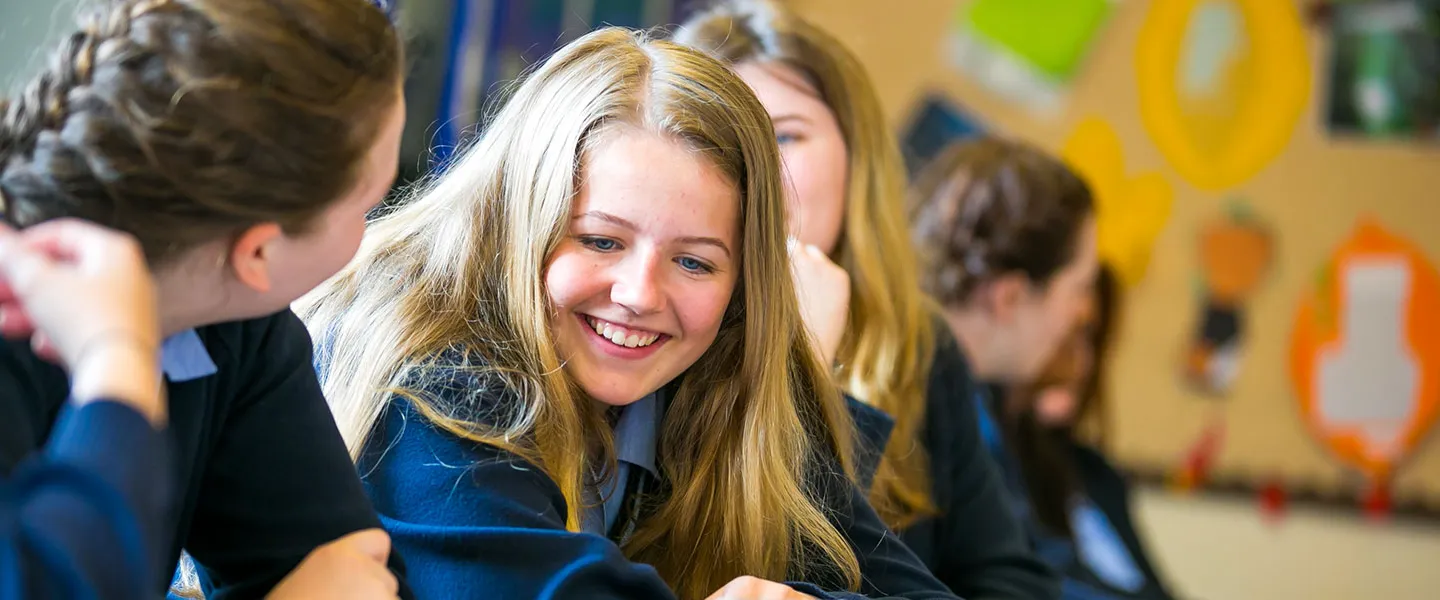An insightful Academic Lecture rounded off a busy British Science Week at The Queen’s School.
The remarkable behaviour of some of the planet’s smallest living creatures was the topic of leading researcher in microbiology, Dr Neil Pickle, during his visit to explain how bacteria talk to each other.
He spoke about his work in the fascinating field of quorum sensing - the way that bacteria send chemical messages to one another.
“Bacteria effectively send each other text messages but in chemical form,” said Dr Pickles, the deputy head of the biology department at Chester University.
“One thing that we are looking at is antibiotic resistance but instead of killing the bacteria we are trying to make them inert by stopping them sending the messages they need to each other.”
Dr Pickles also talked about the remarkable prevalence of bacteria and gave out some astonishing statistics - not least the fact that there are 10 times more bacteria in our bodies than cells.
“Bacteria get a bad press but it is a fact that without bacteria huge areas of activity including a lot of food production would not be possible. People also think bacteria are very simple but in fact they work together in communities, sending each other chemical messages.”
Dr Pickles has previously worked in California and the University of Manchester.
Year 11 student Tia said: ‘The talk was great because he made the ideas so easy to understand. It linked so well with the material we have been studying in class.’
This week has also involved Year 7 and 8 running investigations to answer various questions such as do all fruit juices contain vitamin C? The girls then presented their observations, research and results to experience what it is like working as scientists.
Year 10 girls have taken part in the Biology Challenge, a national competition testing understanding of biology GCSE topics as well as knowledge of broader biology topics and concerns. This follows on from our Year 13 girls who entered the British Biology Olympiad earlier this year, participating with over 7800 other sixth form pupils across the country. The demanding competition tests pupils' knowledge of A-level biology and we are currently awaiting the results.
A school competition has been launched for the girls to produce a science video showcasing their creativity and understanding of a science concept. This will run until 20th April and we look forward to seeing the entries.



